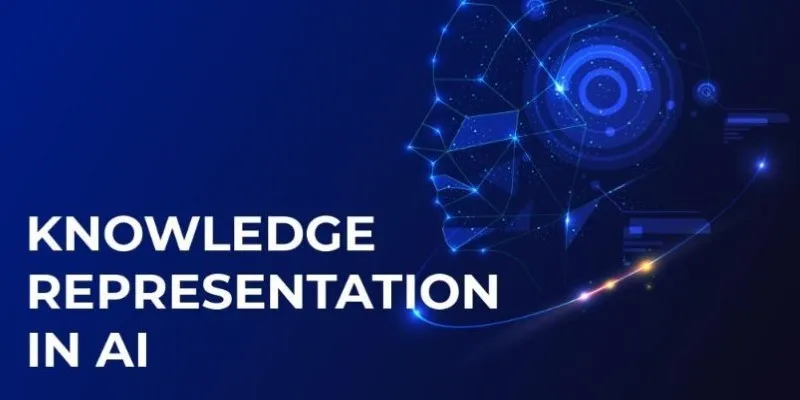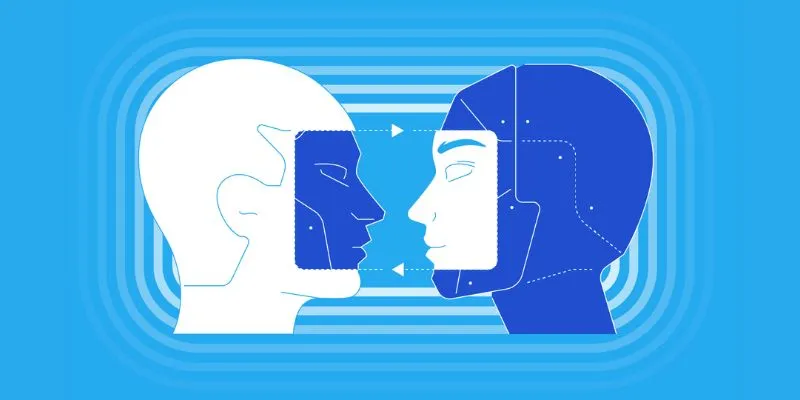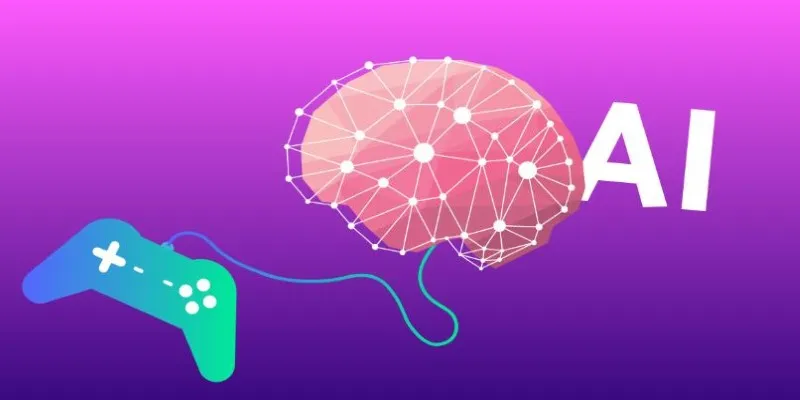Technology is ever-evolving, with two groundbreaking forces, AI and quantum computing, paving the way for future innovations across multiple sectors. AI has become ubiquitous in our daily lives, while quantum computing is poised to revolutionize the capabilities of current systems.
The convergence of AI and quantum computing holds the key to unlocking unprecedented advancements that could redefine problem-solving methodologies and accelerate progress beyond conventional boundaries.
The Current Landscape of AI and Quantum Computing
AI has seamlessly integrated into various aspects of society, aiding in tasks ranging from voice recognition to medical diagnostics and strategic decision-making. However, the escalating volume of data and complexity of challenges are pushing existing systems to their limits, necessitating more advanced solutions.
In contrast, quantum computing, with its utilization of qubits instead of traditional bits, possesses the potential to perform computations that would be infeasible for classical computers within a reasonable timeframe. Despite being in the early stages of development, quantum computing is gaining momentum globally.
While AI and quantum computing independently exhibit substantial capabilities, their true potential lies in collaborative efforts. AI requires enhanced processing speeds to handle expanding datasets, while quantum computing seeks practical applications. The synergy between these technologies could herald a new era of problem-solving methodologies.
How AI and Quantum Computing Can Work Together?
The synergy between AI and quantum computing transcends mere computational speed enhancements; it signifies a paradigm shift in addressing challenges through novel approaches.

AI excels at managing intricate tasks such as supply chain optimization and financial analytics but encounters limitations when processing vast datasets or intricate optimization problems. Quantum computing’s ability to process multiple scenarios simultaneously can significantly augment AI’s problem-solving capabilities.
Furthermore, quantum computing has the potential to expedite the training of AI models, enabling real-time learning and adaptation. This synergy holds transformative implications for industries like healthcare, finance, and transportation.
Interestingly, AI can reciprocally support the advancement of quantum computing by detecting and rectifying errors, thereby enhancing the reliability of quantum systems.
Together, AI and quantum computing could revolutionize drug discovery, energy management, cybersecurity, and personalized healthcare, ushering in a future where technology operates more efficiently and intelligently.
Potential Applications Across Industries
The amalgamation of AI and quantum computing is poised to reshape numerous sectors in the foreseeable future. Healthcare stands out as a prime beneficiary, where the fusion of AI’s pattern recognition capabilities and quantum computing’s optimization prowess could expedite drug discovery processes, leading to accelerated advancements in medical treatments.
In finance, the complexity of financial markets could be better navigated through the deep analytical capabilities of quantum computing, enhancing risk assessment, fraud detection, and investment strategies.
Logistics and supply chain management could witness enhanced efficiency through AI systems empowered by quantum computing, facilitating improved resource allocation and predictive analytics.
Cybersecurity could significantly benefit from AI’s rapid threat detection capabilities and quantum encryption methods, ensuring enhanced data security against evolving cyber threats.
Moreover, the energy sector could witness substantial improvements with AI optimizing energy grids and quantum computing enhancing energy consumption efficiency, resulting in cost savings and environmental conservation.
Challenges and The Road Ahead
While the potential synergies of AI and quantum computing are promising, several challenges loom ahead. The nascent stage of quantum computing technology presents hurdles in developing stable and scalable quantum systems, a process that may span years or decades.

Additionally, the high costs associated with quantum computing, necessitating specialized environments and skilled personnel, pose barriers to widespread adoption. Addressing the shortage of skilled professionals proficient in both AI and quantum computing is imperative for leveraging the full potential of these technologies.
Ethical and security concerns also demand attention, as the rapid data processing capabilities of these technologies raise privacy and misuse risks that must be carefully managed.
Despite these challenges, the journey towards realizing the synergies between AI and quantum computing is underway, with increasing investments and collaborative efforts driving progress across industries and research domains.
Conclusion
AI and quantum computing represent formidable technologies that hold the promise of reshaping the future landscape. Their combined capabilities have the potential to address complex challenges with unprecedented efficiency. From healthcare and finance to cybersecurity and energy management, the synergies between AI and quantum computing offer tangible benefits that transcend imagination. While obstacles persist, ongoing research and collaboration are poised to unlock transformative innovations that will revolutionize industries and enhance global well-being.
 zfn9
zfn9























